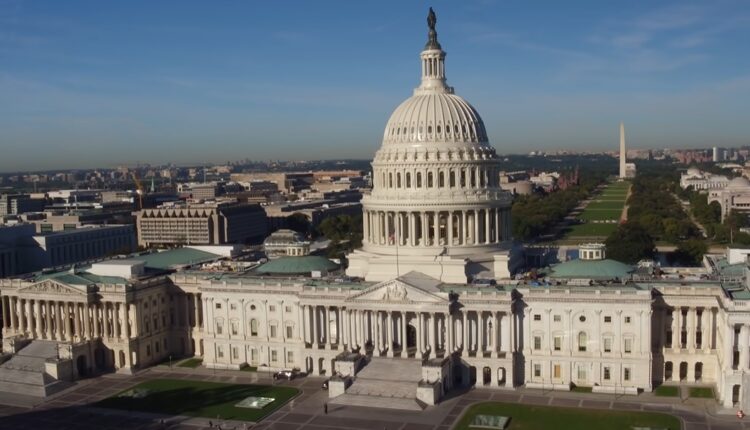
Legal Battle Unlocks Marijuana Rescheduling Rationale
The TDR Three Takeaways:
- Federal Policy Shift on Marijuana: The Biden administration has indicated a major policy shift by recommending Marijuana Rescheduling from Schedule I to Schedule III, recognizing its lower abuse potential and accepted medical use.
- Data-Driven Rescheduling Recommendation: Following thorough reviews by the FDA and NIDA, marijuana has been shown to pose lower public health risks compared to substances like heroin and oxycodone, leading to its proposed reclassification.
- Uncertain Impact on Cannabis Industry: This potential rescheduling could benefit the U.S. cannabis industry, but the DEA’s response remains uncertain, highlighting the fluid nature of cannabis regulation and its broader implications.
Further to our January 12th article regarding Matt Zorn’s efforts to compel the U.S. government to release the Marijuana Rescheduling papers, we have delved deeper into the contents of the 250-page document.
In a significant development for cannabis regulation in the United States, the Biden administration recently disclosed a previously unreleased document suggesting a major shift in the federal stance on marijuana. This document, released under the Freedom of Information Act, reveals a recommendation from the Department of Health and Human Services (HHS) to the Drug Enforcement Administration (DEA) for the rescheduling of marijuana. The HHS recommends reclassifying marijuana from Schedule I to Schedule III under the Controlled Substances Act (CSA). Schedule III drugs are considered to have a lower potential for abuse compared to Schedule I and II substances, a recognized medical use in treatment in the United States, and a moderate or low risk of physical dependence or high psychological dependence.
This recommendation follows a comprehensive review of preclinical, clinical, and epidemiological data by the Food and Drug Administration (FDA) and the National Institute on Drug Abuse (NIDA). Their findings compare marijuana’s risks to those of other controlled substances and conclude that marijuana poses lower risks to public health than drugs such as heroin, oxycodone, and cocaine. Notably, the document highlights that marijuana’s risks, in terms of emergency department visits, hospitalizations, unintentional exposures, and, crucially, overdose deaths, are lower than those of more harmful substances.
The document’s release was the result of legal efforts by attorney Matt Zorn, who filed a federal lawsuit demanding compliance with a Freedom of Information Act request. The unredacted documents, encompassing over 250 pages of communication, shed light on the HHS’s rationale for their rescheduling suggestion. They reveal that over 30,000 healthcare professionals in the U.S. are authorized to recommend marijuana for more than six million registered patients, indicating its widespread clinical use for various medical conditions.
Despite these developments, it remains unclear when or how the DEA will respond to the HHS’s Marijuana Rescheduling recommendation. Legal and political observers note that the DEA might not have the legal authority to defy health regulators on matters of medicine and science. However, the process is still in its early stages, with a proposed rule from the DEA and a subsequent public participation period yet to come.
The implications of this potential rescheduling are significant for the U.S. cannabis industry, which anticipates federal reform and potential tax relief. Moreover, reclassifying marijuana could have broader impacts on scientific research and public perception of the drug. The HHS’s analysis and recommendation mark a departure from previous federal policies on marijuana, which have long classified it among the most dangerous and medically unaccepted drugs.
This shift reflects a growing acknowledgment of marijuana’s medical utility and a lower risk profile compared to other controlled substances. However, the HHS also notes limitations in clinical research supporting the efficacy of cannabis for specific ailments. The evolving perspective of federal health officials, influenced by extensive scientific review and the reality of widespread state-level legalization, suggests a gradual but significant transformation in the federal approach to cannabis regulation.
To monitor the impact of these developments on cannabis companies, one can observe the performance of the AdvisorShares Pure US Cannabis ETF, which trades under the ticker symbol MSOS. We will continue to keep our readers informed about legal policy changes and their effects on the stock prices of cannabis companies.



